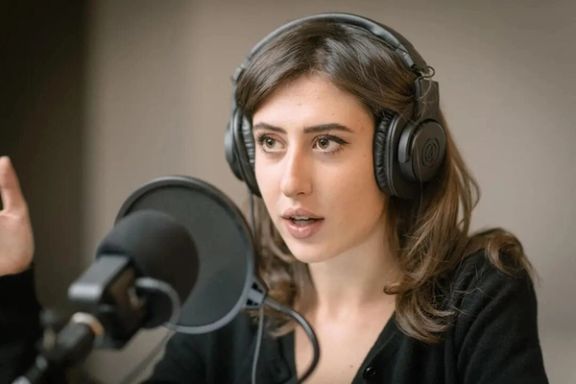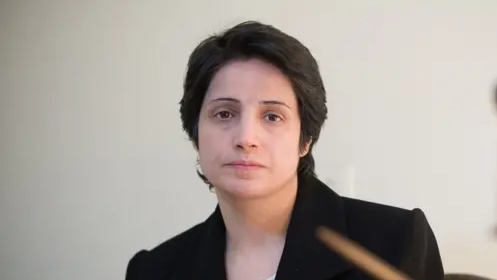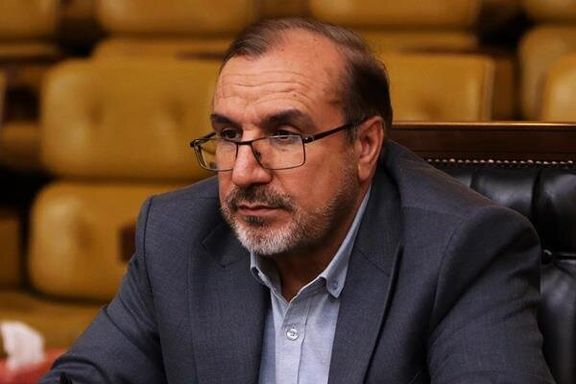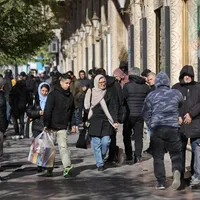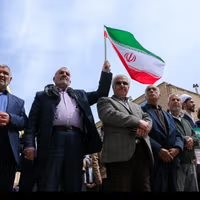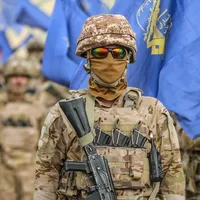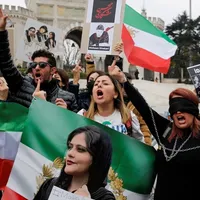“With the increase in exchange rates and the instability of basic commodity prices, many workers are facing very challenging economic conditions, particularly tenant workers, whose wages can only cover three days of living expenses,” said Ayat Assdi, the workers’ representative in the Supreme Labor Council.
In March, Iran’s Supreme Labor Council increased the minimum monthly wage by 35%, setting it at 111,070,000 rials (approximately $185 at that time) including benefits. However, as the rial has dropped to around 810,000 per US dollar, this amount is now worth just $137.
Meanwhile, the estimated cost of living in Tehran exceeds 400 million rials (over $500), with smaller cities averaging over 250 million rials ($300).
The crisis is exacerbated by inflation, which is nearing 50%, with widespread shortages in essentials such as fuel and electricity.
Winter power outages and natural gas deficits have further compounded the difficulties for ordinary citizens. The steep devaluation of the rial has also increased the cost of imported goods.
Efforts to adjust wages to reflect these conditions have been stymied. Asadi noted that attempts to convene the Supreme Labor Council to determine wages for the next year have been blocked by government intervention. Many workers, unable to make ends meet, have turned to informal jobs to survive.
Economic pressures in Iran have ignited a wave of strikes, with business owners and employees in Tehran's historic bazaar staging a rare protest on Sunday against runaway inflation and soaring foreign currency rates.
The strike, beginning with shoe sellers in the 15th Khordad area, quickly spread to other sectors, highlighting the mounting frustration among merchants and workers grappling with declining purchasing power and unstable markets.
Videos shared online captured merchants chanting slogans like “Don’t be afraid, close up,” and “Brave merchants, support, support,” reflecting a spirit of solidarity amidst economic despair.
Iran’s economic struggles reflect a combination of internal and external pressures. In addition to domestic turmoil, international sanctions targeting the country’s financial and energy sectors have hampered trade and access to foreign reserves.

